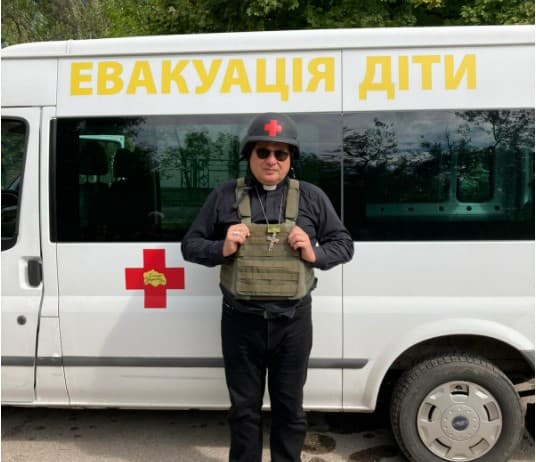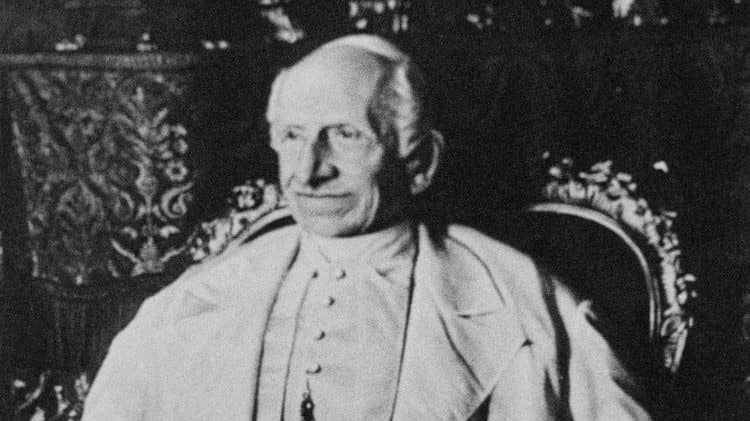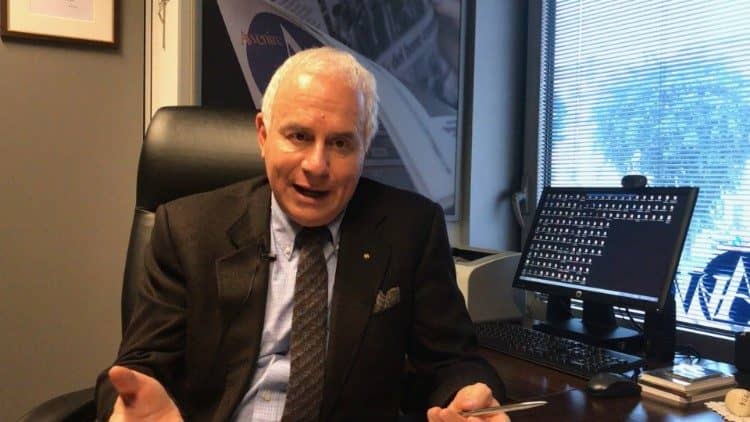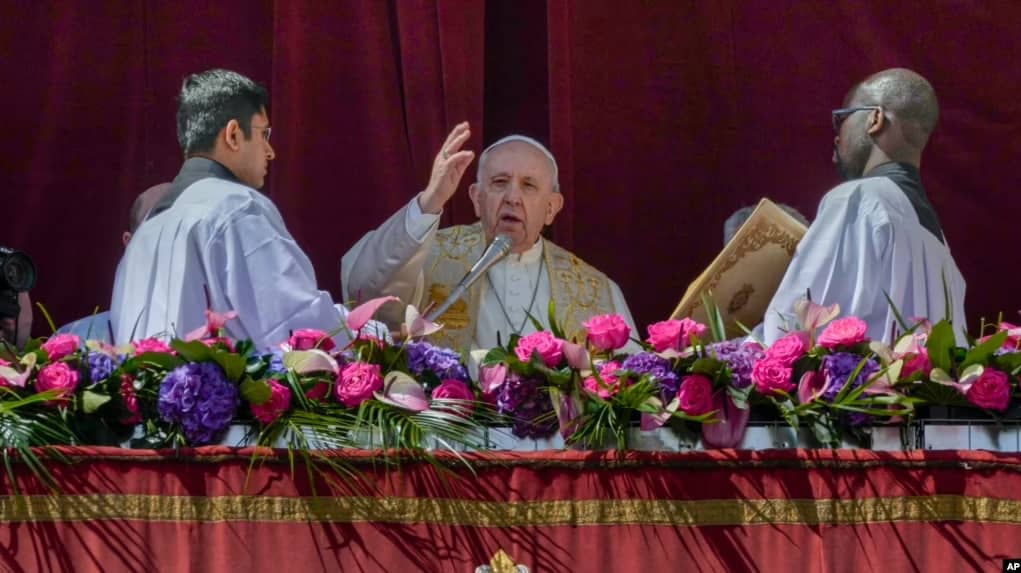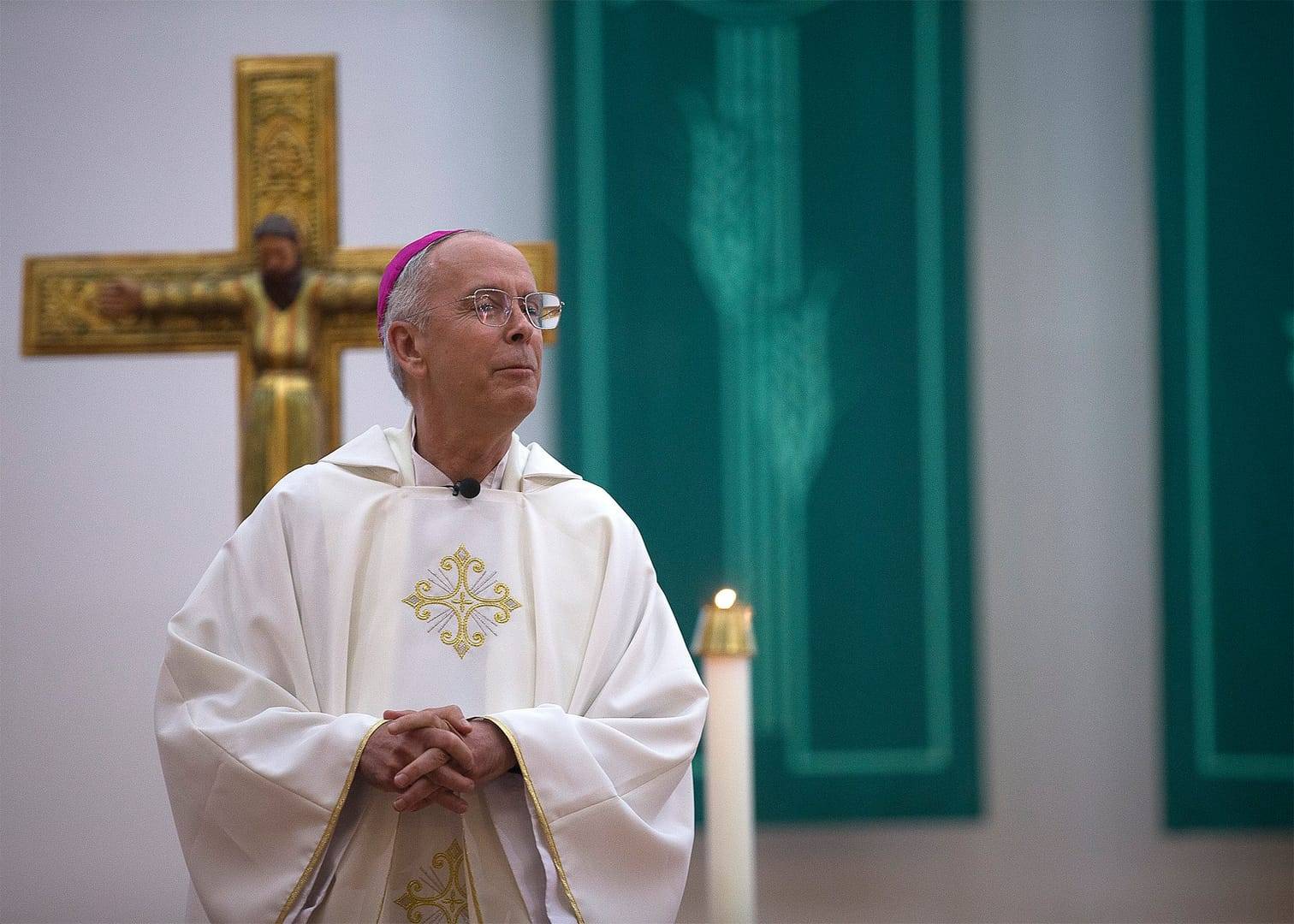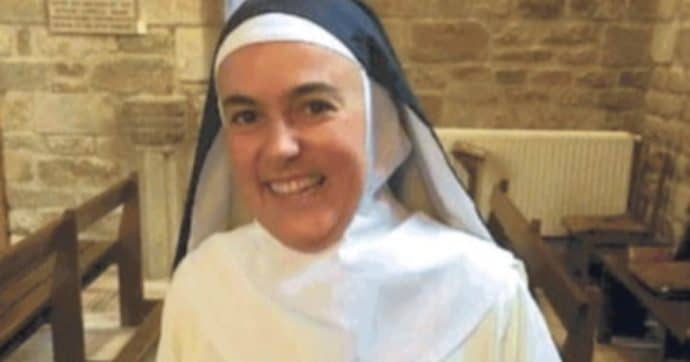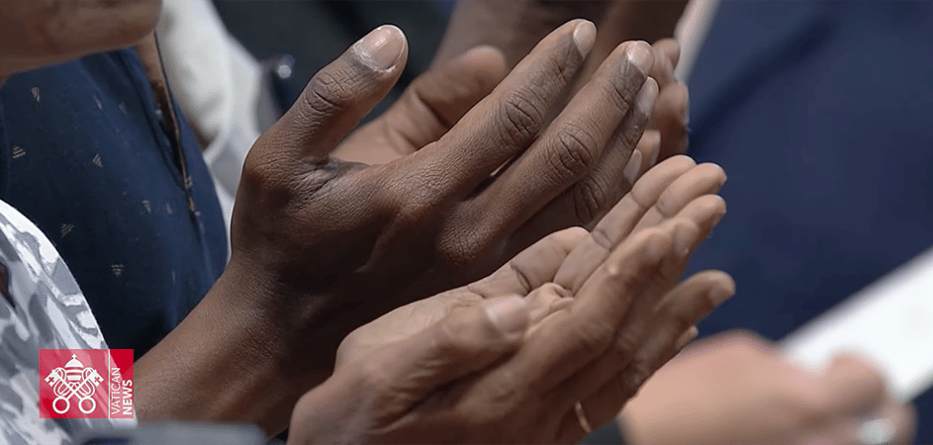ROME – As a writer, there are times when you just know you’re about to get into trouble, and this is one. There’s something that needs to be said out loud about Polish Cardinal Konrad Krajewski, Pope Francis’s right-hand man for charity, but even as I type these words, I realize I’m going to pay for it.
Here it is nonetheless: Man, that cardinal’s got cojones.
I know, I know, I could have said “chutzpah,” or “grit,” or “nerve,” or any other locution not considered off-color. Yet for anyone whose sensitivities may be offended, I remind you there are still more vulgar alternatives I could have used.
Anyway, sometimes the only way to say something clearly is just to say it.
To recap, the 58-year-old Krajewski is not only a Prince of the Church but he also heads the pope’s new Dicastery for the Service of Charity, which makes him, more or less, the equivalent of a cabinet member in the U.S.
Imagine that the U.S. Secretary of the Interior or some such official was leading a humanitarian convoy in Ukraine, at the direct request of U.S. President Joe Biden, when it came under fire from Russian forces. She’d be swarmed by her security detail, whisked off to some impenetrable bunker and then shoved onto the first flight home, never to see the light of day again until she was in airspace considered secure.
Yet when the same thing happened to Krajewski on Saturday, how did he react? Not only did he continue his schedule unfazed, as Crux’s Paulina Guzik reported yesterday, he actually went door-to-door in eastern Ukraine, an active war zone, visiting unsecured private homes in the company of a local auxiliary bishop.
RELATED: Escaping gunfire, pope’s top charity official declares mass graves in Ukraine ‘real’
Granted, Krajewski had a military escort, but that really wouldn’t have mattered much had the Russians chosen to start shelling the street he was on – and bear in mind that the Russians fired cruise missiles at Odesa, one of the towns he visited, the very next day.
Call such behavior what you want: Tenacity, the courage of the Gospel, foolhardiness, an adrenaline junkie seeking a fix, whatever. You still have to stand in awe at the sheer bravado of it all.
This is hardly the first time that Krajewski has rushed in where angels – or, at least, more delicate souls – would fear to tread.
In May 2019, Krajewski was informed that the Italian government under the direction of its hardline Interior Minister at the time, Matteo Salvini, had cut off the power to a state-owned building that had been occupied illegally for years by more than 400 otherwise homeless persons, including families with children. The idea, obviously, was to drive the squatters out by denying them electricity.
Other bishops upset about the situation might have issued a statement, maybe filed a lawsuit seeking an injunction to force the government to reverse course. Krajewski chose a more direct response: He got into a car and headed to the building at 10 p.m., where he proceeded to break a police seal, open the manhole cover above an electrical junction box and turn the power back on himself.
An irritated Salvini, noting that the squatters owed the state around $350,000 for electricity they’d never paid for, threatened to send Krajewski the bill. Ever defiant, the Polish prelate snapped back that he’d not only pay it, but he’d also pay whatever fine the government wanted to impose for breaking the law.
(In the end, Krajewski was never charged with any crime.)
Just a couple months earlier, Krajewski had raged against a different machine – in this case, Italy’s ecclesiastical establishment rather than the state. Days after Cardinal Angelo De Donatis, the pope’s Vicar of Rome, had decreed all churches in the Eternal City closed due to the COVID pandemic, Krajewski went to his own titular church of Santa Maria Immacolata in the city’s Esquiline neighborhood and threw open the doors to the public for prayer.
“It is an act of disobedience, yes, I myself put the Blessed Sacrament out and opened my church,” Krajewski said at the time. “It did not happen under fascism, it did not happen under the Russian or Soviet rule in Poland. The churches were not closed … Home should always be open to its children.”
Of course, one can argue with the wisdom of any of these actions.
Turning the power back on, for instance, angered many Romans who associated that illegally occupied building with drugs, crime and squalor, and had long wanted something done about it. Italy was also the first western nation to be hit by COVID, and not all Italians were thrilled with Krajewski’s defiance of anti-pandemic precautions.
Even in Ukraine, I suppose one could ask whether Krajewski’s risk-taking amounts to grandstanding, with the potential to exacerbate an already delicate political and diplomatic situation.
Moreover, it should also be said that flamboyance and virtue don’t automatically correlate. Part of Donald Trump’s appeal to his followers, for instance, is precisely the way he brazenly defies convention, but that hardly makes him a candidate for sainthood.
Still, one has to concede that Krajewski’s conduct in Ukraine amounted to next-level nerve. He wasn’t only ignoring expectations, decorum or possible misdemeanor charges, but actual risks to life and limb.
Right now, some Vatican-watchers regard Krajewski as a plausible contender to be the next pope. He’s cut from the same cloth as Pope Francis, they argue, so he’d get the progressive vote, but, because he’s Polish, at least some conservatives might regard him as doctrinally safer.
Perhaps. But if this weekend has taught us anything, it probably should be that “safety,” at least in the more colloquial sense, just isn’t Krajewski’s top concern.
